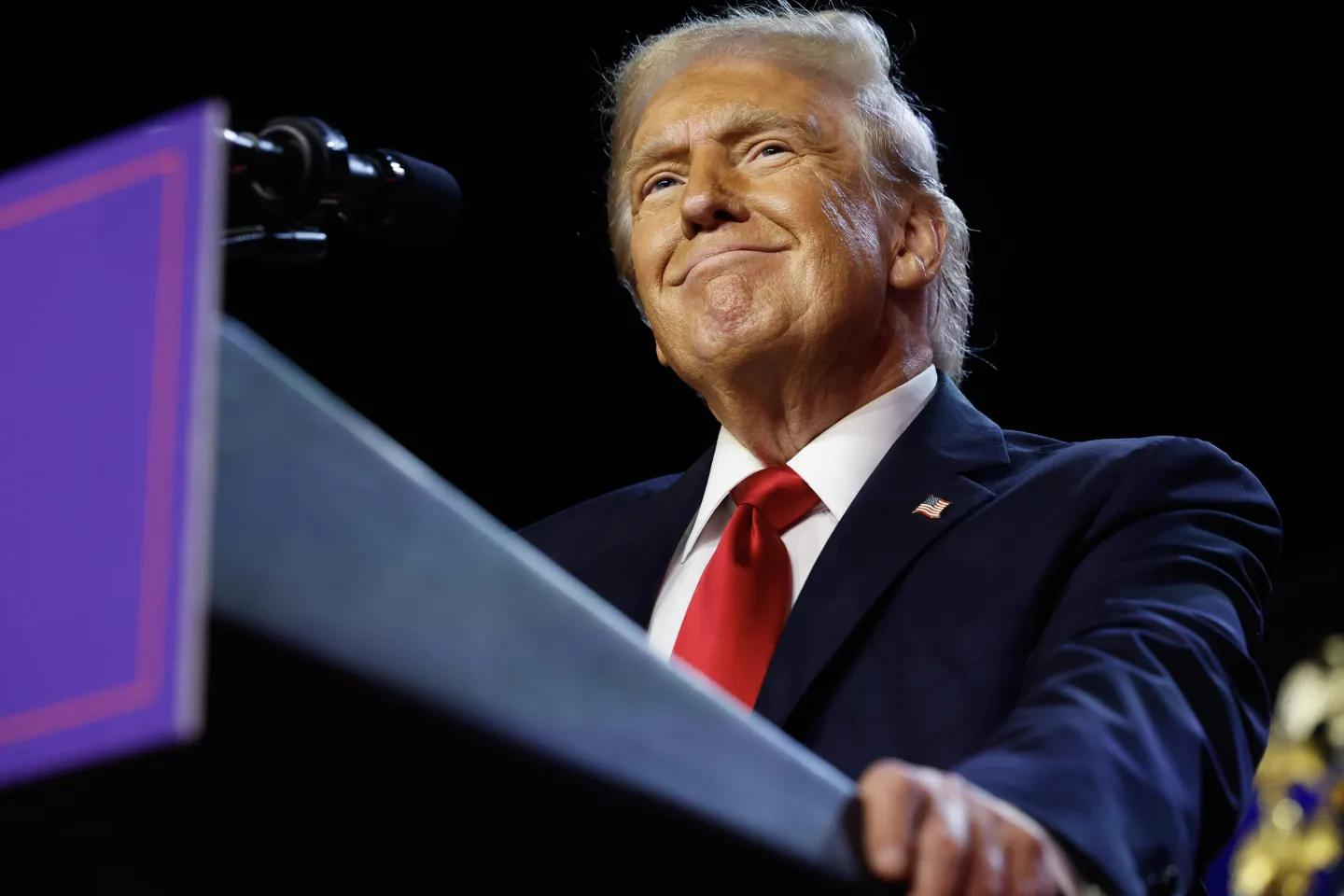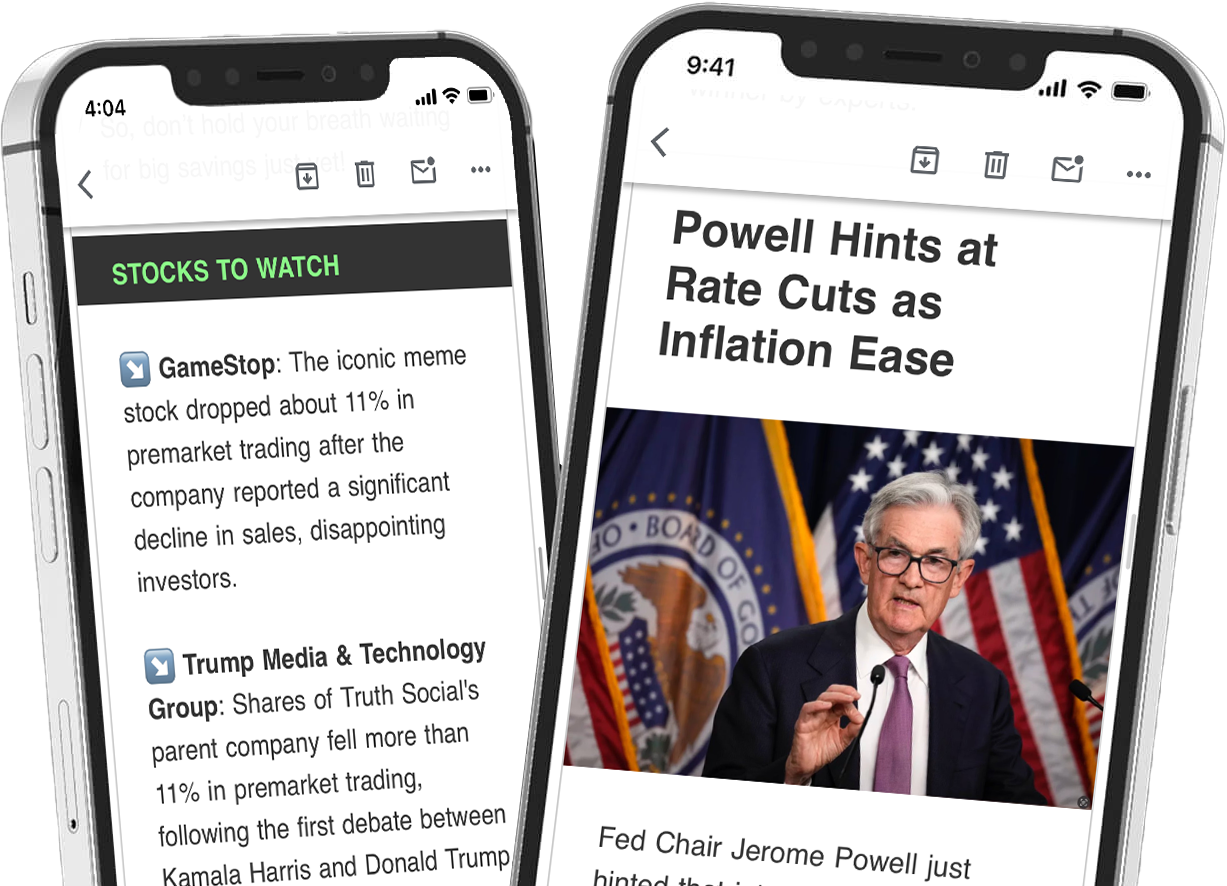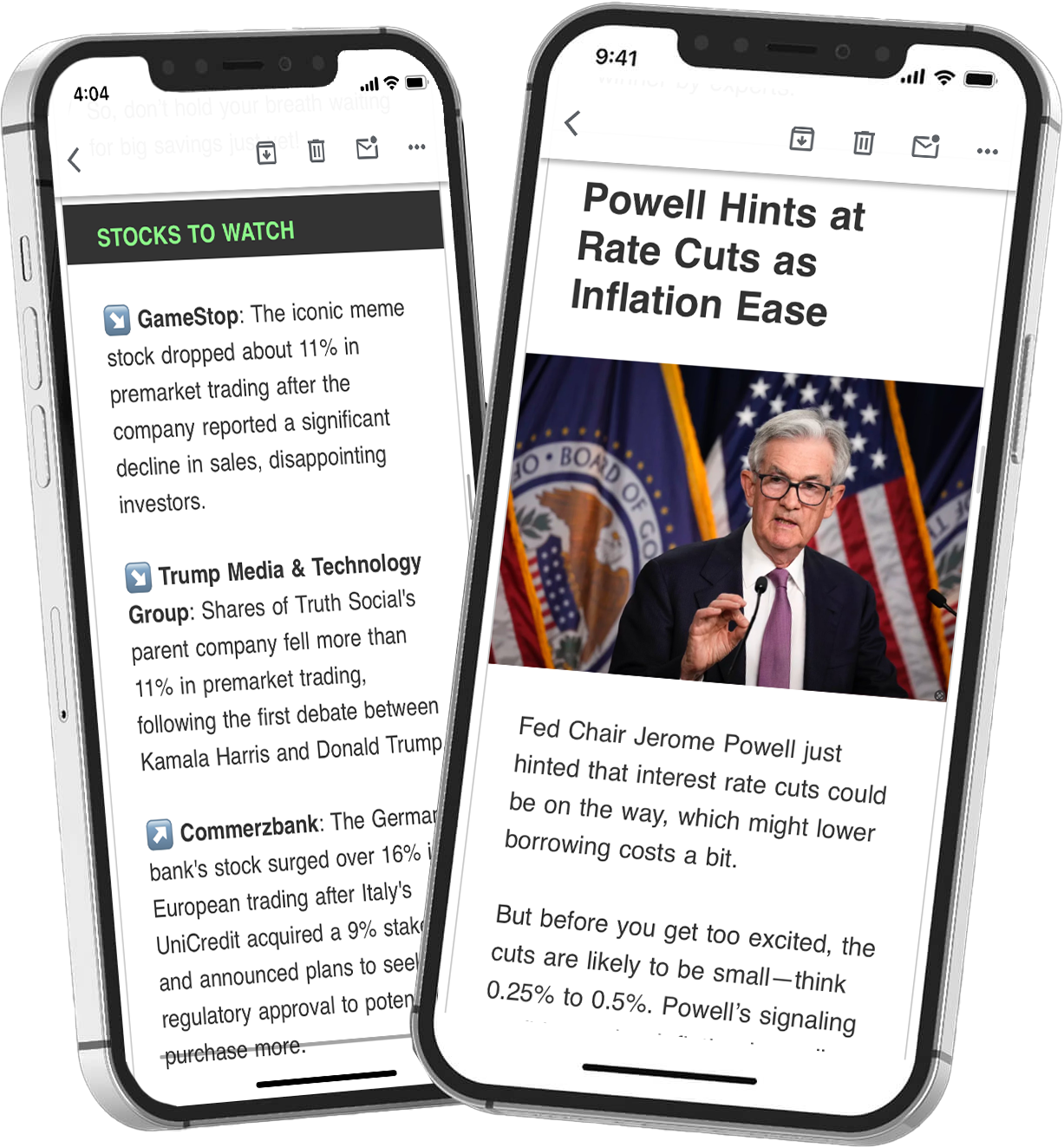Joe Raedle/Getty Images
- Donald Trump chose JD Vance as his running mate, a loyal ally who shares many of his views.
- Trump’s choice indicates a shift from balancing the ticket to doubling down on populism.
- It’s a move away from his selection of Mike Pence, who was seen as a traditional ticket-balancer.
Former President Donald Trump’s veepstakes concluded with him choosing Sen. JD Vance of Ohio as his running mate.
The 39-year-old junior senator, who initially heavily criticized Trump before becoming a loyal ally, is an intriguing choice.
Traditionally, presidential candidates choose a running mate to “balance the ticket.”
This practice involves a candidate selecting a running mate who can broaden the ticket’s appeal by adding ideological, geographic, or demographic balance in areas where the top of the ticket may be perceived as lacking.
Instead, Trump has chosen a mini-me and a populist protégé, flipping the script on a common political practice he seemed to subscribe to in 2016.
Balancing the ticket
President Joe Biden’s selection of Vice President Kamala Harris is a notable example of balancing the ticket.
Biden, whose age was already a concern with some voters, balanced his ticket by choosing Harris, who is over 20 years younger. Harris is also a woman of color, whereas Biden is a white man.
Though both are arguably centrist Democrats, she was largely seen as having stronger progressive credentials.
Former President Barack Obama’s selection of Biden was also an example of this practice in action — a relative political newcomer choosing a foreign policy veteran.
Even Trump, in selecting former Vice President Mike Pence, appeared to be trying to balance the 2016 ticket.
Pence’s extensive government experience countered Trump’s perceived inexperience, and his image as a traditional, conservative Christian alleviated concerns about Trump’s conservatism and chequered past.
But this time, instead of seeking balance, Trump chose a candidate in his own image, doubling down on the MAGA brand with a loyalist.
Choosing MAGA loyalist JD Vance
In some superficial ways, Vance offers balance.
He’s half Trump’s age, which is significant in an election focused heavily on age. And whereas Trump avoided the draft five times, Vance served in the military, which might appeal to the veteran vote.
However, there are more similarities than differences.
To start, they’re both white, male, Ivy-educated, and have business experience. And, crucially, they’re both MAGA-aligned, offering little in the way of ideological diversity.
While Vance previously disparaged Trump, calling him “cultural heroin” and describing himself as a “never Trump guy,” he has since been reliably conservative and staunchly loyal to the former president.
Vance has also questioned the legitimacy of Trump’s 2020 election defeat, advancing false claims about voter fraud, and said he would have refused to certify the election on January 6, 2021, if he were vice president.
On many issues — there’s a lot of overlap. “He’s a clone of Trump on the issues, so I don’t see any difference,” Biden said after the Vance announcement.
Vance and Trump are aligned on issues like their opposition to immigration and the US funding of the Ukraine war, and their support for Israel, and both have called for a tougher stance on China.
Trump, who implemented protectionist “America First” tariffs on China during his administration, has opted for a protectionist counterpart who has expressed support for using tariffs to boost US manufacturing.
Trump may hope Vance appeals to working-class Midwestern voters, — he wrote a bestselling book, “Hillbilly Elegy,” about the struggles of people in Appalachia.
But Vance is from Ohio, which, although traditionally a battleground state, is no longer considered one.
Trump won Ohio by eight points in 2020.
Following the assassination attempt on Trump, the former president called on Americans to unite. However, Vance quickly blamed Democratic campaign rhetoric for the shooting, highlighting yet another area of alignment between them — a shared inclination toward confrontational politics.
Trump’s selection may not follow the usual ticket-balancing strategy, but it could elevate a potential torchbearer to continue Trumpism once the former president eventually exits the political stage, whenever that is.










